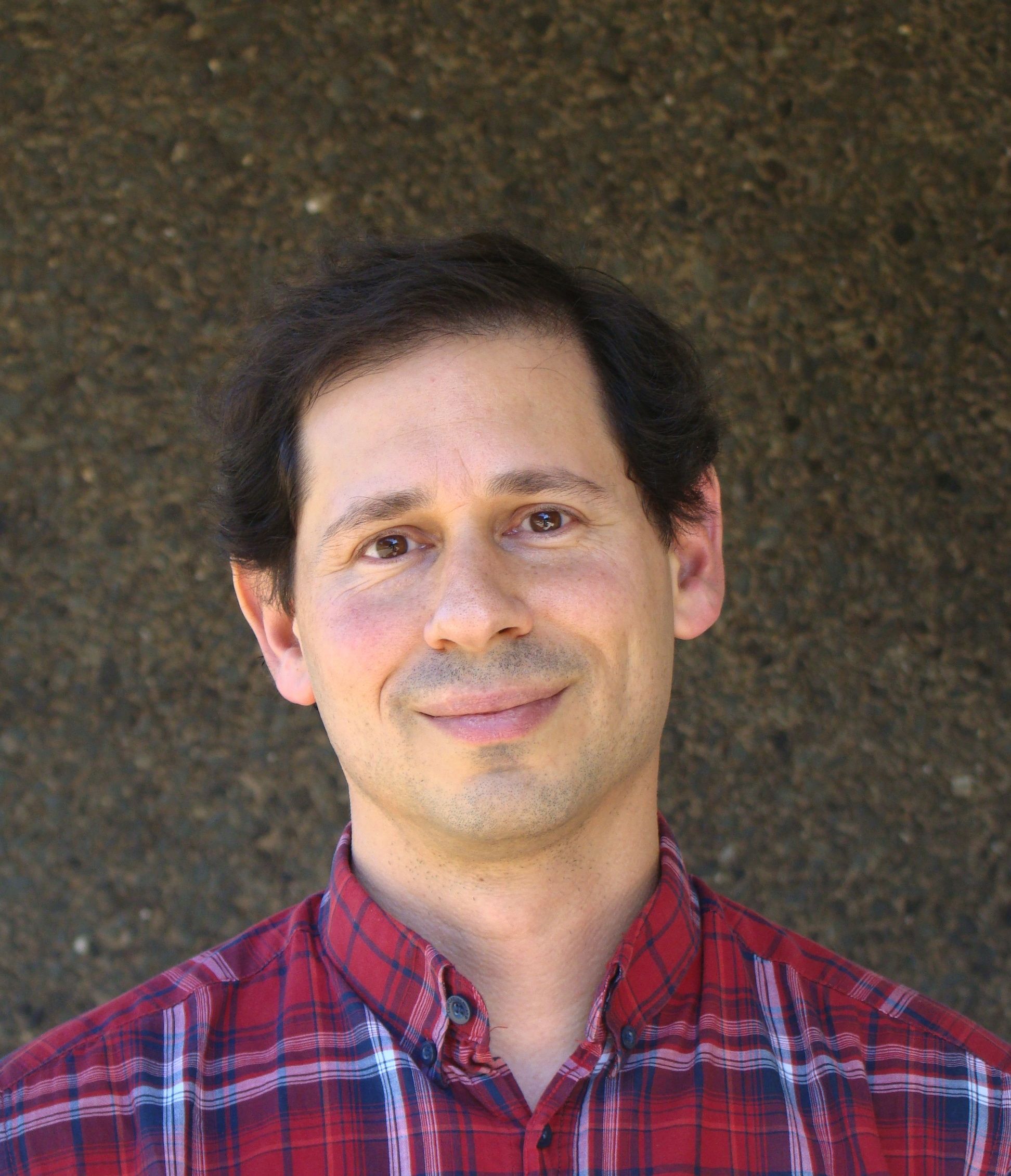Candidate Statement: Eric Gawiser
Nominated Office: Councilor
Affiliation: Rutgers University
Position/title: Associate Professor of Physics & Astronomy
PhD institution: U.C. Berkeley (1999)
Areas of scientific interest:
- Galaxy formation
- Galaxy evolution
- Observational cosmology
- Large-scale structure
- Multiwavelength surveys
AAS positions:
- Member (1997-present)
- AAS Agent for Rutgers University (2013-present)
- Member, Working Group on Astroinformatics & Astrostatistics (2014-present)
Other relevant positions and experience:
- Enabling Science Committee of the LSST Corporation (2013-present)
- NOAO Users’ Committee (2007-2013, Chair 2011-2013)
- Organizing Committee Chair, AAS Meeting-in-a-Meeting on “Lyman Alpha Emitters as Probes of Galaxy Formation and Cosmology” (Summer 2012)
- Steering Committee, National User Facility Organization (2010-2012)
- Hayden Planetarium Associate, AMNH (2007-2011)
- With Ginny McSwain, wrote AAS Newsletter article on “Making the Job Application Process More Efficient” (2010)
- Scientific Collaborations: MUSYC (PI), LSST Large-Scale Structure Science Collaboration (Co-Chair), LSST Dark Energy Science Collaboration (Collaboration Council), LADUMA (Coordinating Council), CANDELS, UVUDF, HETDEX
Candidate Statement: The AAS is an incredibly successful society to which I am grateful for furthering my own interest and career in astrophysics. However, I believe that our profession could improve rapidly if we devote ourselves to fighting biases about the background, appearance, and career paths that define an astronomer. Towards this end, I will push AAS to (1) Implement the Inclusive Astronomy 2015 recommendations, (2) Redefine itself as the professional society for everyone with an undergraduate degree in astronomy/astrophysics who works in academia, research, or the private sector, and (3) Emphasize professional development and beyond-academia career networking as much as research at our meetings. AAS is far more capable than academic departments to prepare young astronomers for the rewarding careers that exist outside of academia. Our society has already taken steps in this direction by including career development workshops and the Career Networking and Job Fair. Adding recruiting efforts to broaden and diversify our membership will result in a more vibrant society. We must continually reassess the AAS by gauging the success of its youngest members and not restricting our concept of success to tenure-track faculty jobs. Whether for me or my outstanding colleagues running for Council, please vote!


